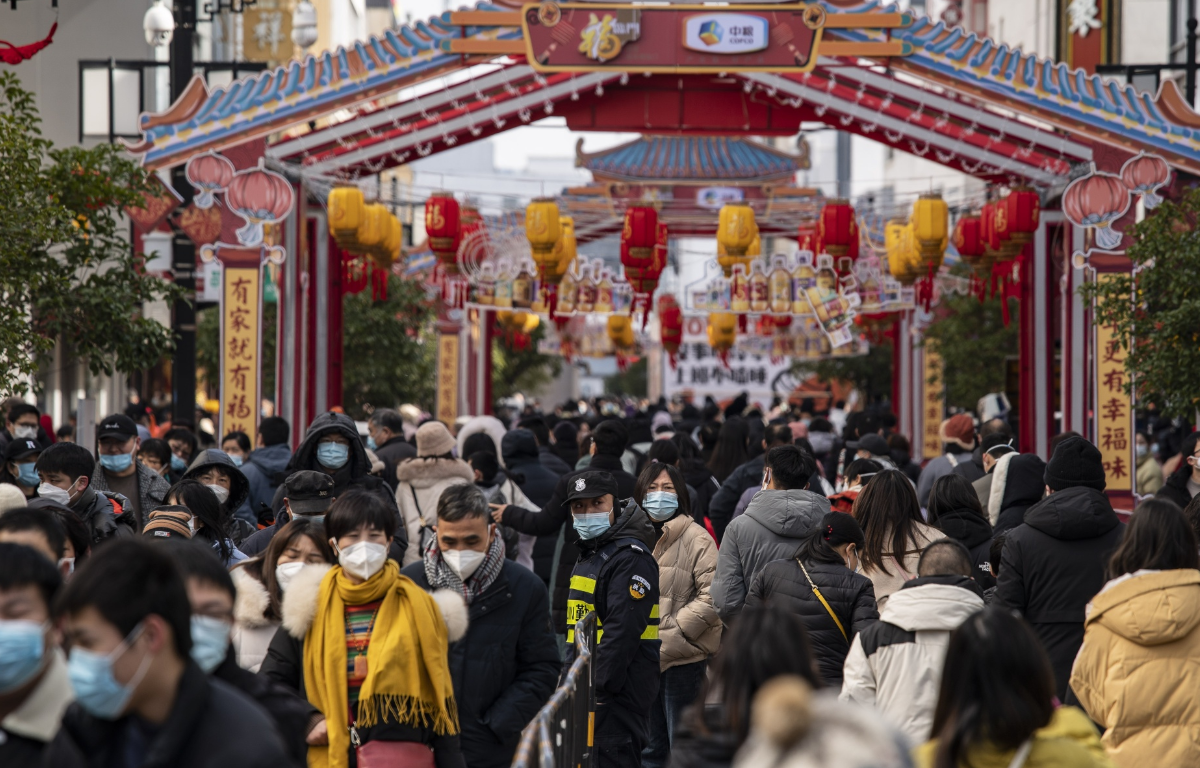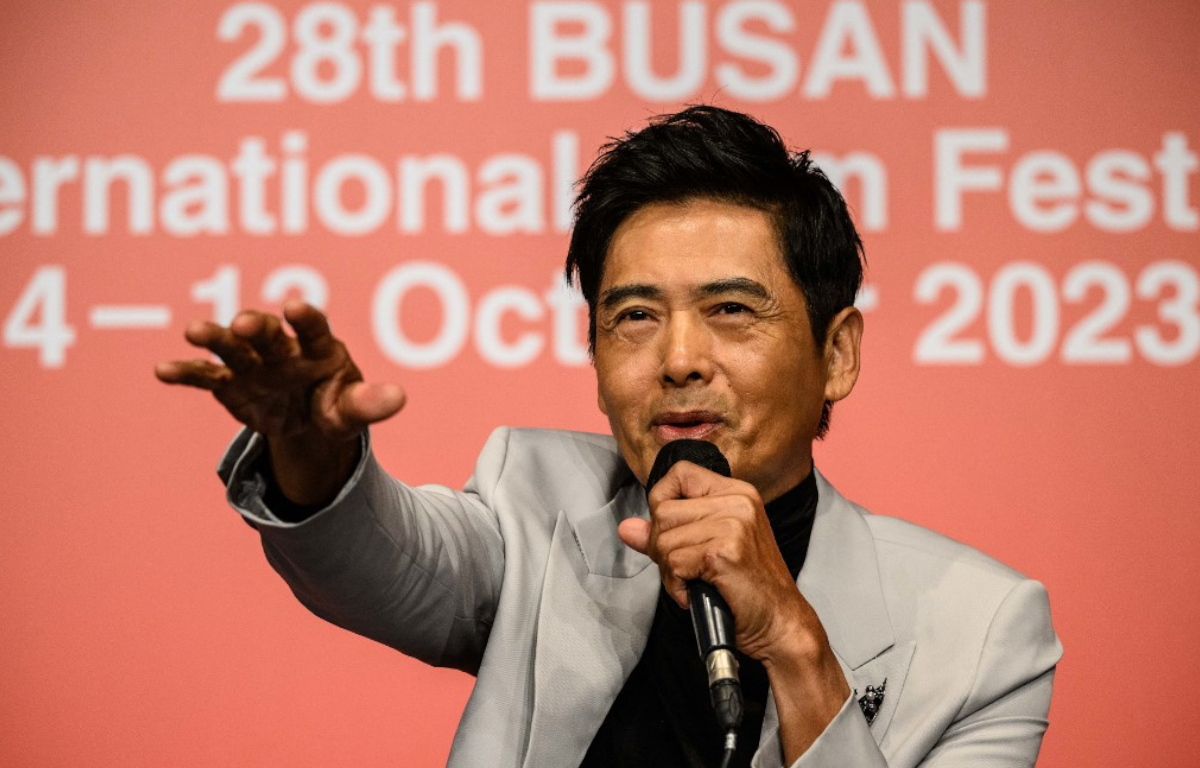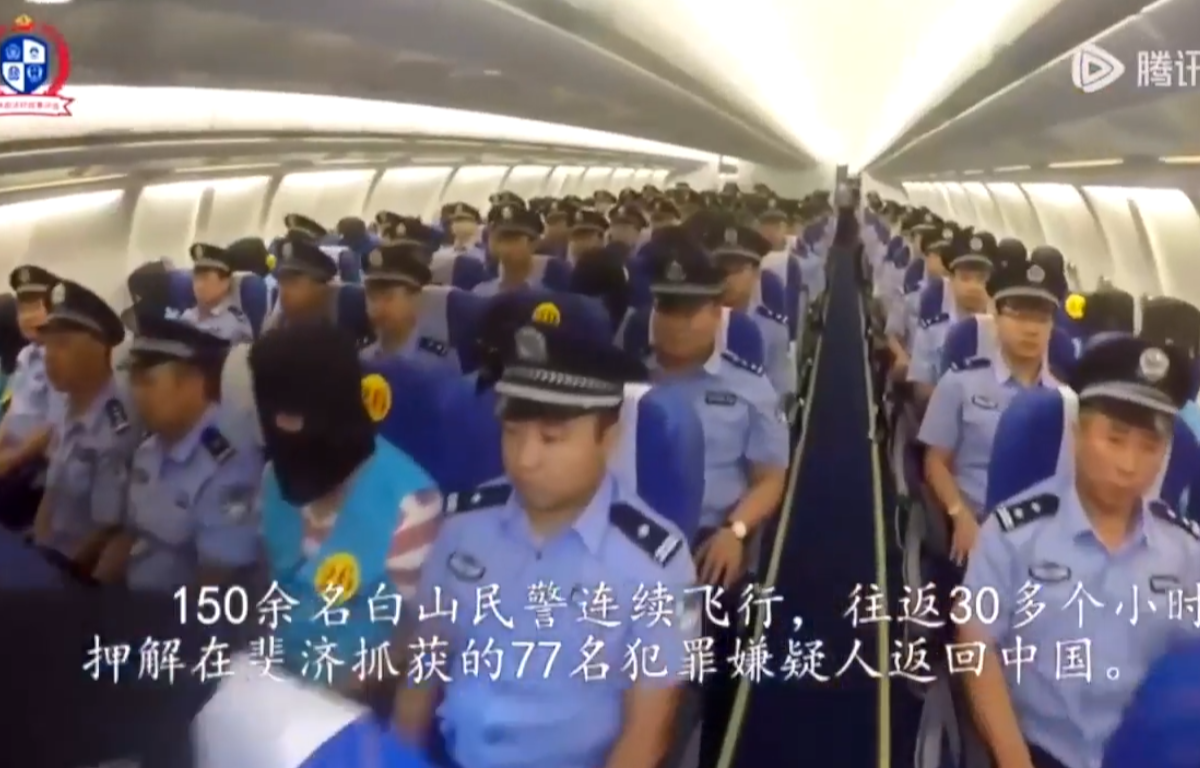
The Uyghurs are a Turkic ethnic group primarily residing in the Xinjiang Uyghur Autonomous Region in northwest China. Over the past several years, there have been disturbing reports of mass detentions, forced labor, forced assimilation, and other human rights violations against the Uyghur population. These allegations have drawn condemnation from governments and organizations worldwide.
One of the most troubling developments in this crisis is the sentencing of a Uyghur scholar to life in prison. The scholar, whose identity is often kept anonymous due to concerns for the safety of their family, was known for their research and advocacy on Uyghur culture and history. They were accused of “separatism” and “inciting ethnic hatred,” charges that are often used by the Chinese government to suppress dissent.
The lack of transparency surrounding the sentencing of the Uyghur scholar is deeply concerning. Chinese authorities have a history of conducting trials behind closed doors, denying defendants access to legal representation, and failing to provide evidence supporting the charges brought against them. These practices have led to widespread skepticism about the fairness of such proceedings.
The sentencing of an intellectual figure like the Uyghur scholar sends a chilling message about the state of intellectual freedom in Xinjiang. It highlights the Chinese government’s determination to suppress any form of dissent or criticism, particularly when it pertains to the treatment of the Uyghur population. Intellectuals, academics, and scholars who seek to shed light on the Uyghur crisis now face not only personal risk but also the risk of having their work suppressed.
The international community has expressed growing concern over the situation in Xinjiang. Numerous countries and organizations have condemned China’s treatment of the Uyghurs, with some characterizing it as a genocide. Sanctions have been imposed on Chinese officials, and calls for independent investigations have been made.
However, despite these efforts, there has been limited progress in addressing the human rights abuses in Xinjiang. China has consistently denied allegations of wrongdoing and maintained that its actions in the region are necessary for combating extremism and maintaining stability.
The sentencing of a Uyghur scholar to life in jail is a stark reminder of the challenges faced by those who seek to shed light on the human rights crisis in Xinjiang. It underscores the Chinese government’s determination to suppress intellectual freedom and dissent, raising serious questions about the state of human rights in the region. The international community must continue to press for transparency, accountability, and an end to the human rights abuses taking place in Xinjiang, in the hope of bringing relief to the Uyghur population and preserving the principles of justice and intellectual freedom.










Share this: